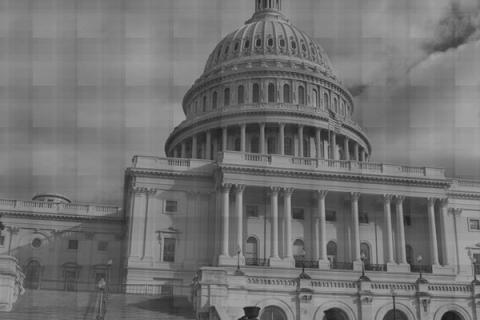Lisa Berlanga, Executive Director of UPforEd:
Credit: seattleducation2010.wordpress.com
Teacher evaluation reform is long overdue in the San Diego Unified School District. The benefits of overhauling the system could result in better educational outcomes for students, but there is resistance to changing this old-school process that harms not only kids, but also teachers.
I began my career as a teacher in SDUSD in the early 1990s. As a new teacher, I needed support to manage forty kindergartners in a classroom. Initially, my greatest concern was classroom safety, for which the system supported, but on the educational front - such as assessing student progress and my teaching effectiveness - it was mostly up to me. Occasionally, a professional development expert offered a workshop full of advice never to be seen again. Sometimes, my principal came into my classroom with some feedback on my teaching techniques to achieve better outcomes. I would be asked to develop a couple of objectives and meet them over the course of the year.
One objective I recall: read a professional book. Not much of a goal, but it was satisfactory to my superiors. As embarrassing as that is to reveal today, what's worse: I was mimicking what tenured teachers around me did. My district-sanctioned summary evaluation was a single sheet of paper with one comment and six "effective" marks - the highest evaluation achievement on the scale.
After my first two probationary years, that evaluation only occurred once every other year.A teacher with a decade under their belt can apply to be evaluated just once every five years. Not twenty years has passed, and it seems little has changed.
UPforEd’s research shows that SDUSD still uses the same evaluation protocol, according to the 2012 SDUSD website human resource forms. The very nature of these assessments causes the teaching staff to view them as a nuisance rather than direction toward great teaching.What's more, the San Diego Education Association seemingly views these basic assessments with suspicion. The union even encourages its members to document when they are observed in the classroom and by whom, according to an article in the SDEA’s newsletter, The Advocate, October 17, 2012.
It's a curious fear since exactly zero teachers of 7,000 have been dismissed or even received notice of unsatisfactory performance over a six-year period, based on the Center for Education Policy and Law, San Diego Unified School District Status Report: 2002-2011. Such short-sightedness regarding evaluation also causes the district to miss out on opportunities. Recently, the district skipped applying for Race to the Top funds because it required an up-to-date evaluation system.Understandably, parents have concerns regarding the current system.
In a survey we conducted last year of district parents, “making sure teacher performance is measured so that students are taught by effective and engaged teachers,” ranked third out of ten possible concerns. A few pockets of hope exist - some within the district created their own, unique evaluation systems. At Central Elementary School, teachers work together with Principal Cindy Marten to analyze student data and improve student achievement.Together with her staff, Principal Marten has created a culture of continuous advancement. Teachers receive regular feedback from multiple sources and professional development resources to help them thrive.
The results speak for themselves; both the student body test scores and teacher morale are up.
Central made an 86-point gain on the API over the last four years, according to the California Department of Education, Growth API report 2012. Systematically replicating such success stories seems as good a place as any to start. We don’t have to reinvent the wheel, we just need to have willing, open minds to discussion improving an outdated system. Our students cannot be expected to compete in a modern world with an obsolete education.
Since school districts nationwide are talking about teacher evaluation - we should be too; our teachers deserve it.
Lisa Berlanga is the Executive Director of UPforEd, a parent-engagement nonprofit leading the way for a better education for all San Diego Unified School District students.
